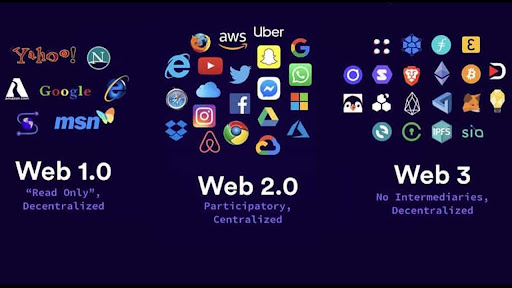In the fast-paced world of the internet, where platforms and services come and go, MSN has left an indelible mark on the digital landscape. This article takes you on a journey through the history, evolution, and impact of MSN, once a prominent online service provided by Microsoft.
1. Introduction to MSN
MSN, short for Microsoft Network, was an online platform launched by Microsoft in 1995. It started as an internet service provider but soon transformed into a multifaceted portal offering a wide range of services.
2. The History of MSN
To understand MSN’s significance, let’s delve into its past. MSN was initially created to compete with AOL, one of the pioneers in the online space. It gained popularity rapidly, thanks to Microsoft’s resources and its integration with Windows operating systems.
3. MSN’s Evolution Over the Years
Over time, MSN evolved to adapt to the changing digital landscape. It went through several transformations, both in terms of services and branding.
3.1. Email Services
One of MSN’s most well-known features was its email service, which competed with the likes of Yahoo Mail and Gmail. Millions of users relied on MSN Hotmail, later rebranded as Outlook.com, for their email communication.
3.2. Instant Messaging
MSN Messenger, often referred to as simply “MSN,” was a defining feature of the platform. It revolutionized online communication, allowing users to chat, share files, and even make video calls.
4. Services Offered by MSN
MSN wasn’t just about email and messaging; it offered a diverse range of services to its users.
4.1. News and Content
MSN provided users with news articles, weather updates, and a wide array of multimedia content, keeping them informed and entertained.
4.2. Search Engine
MSN Search, later rebranded as Bing, was Microsoft’s answer to Google. While it faced tough competition, it played a significant role in the search engine market.
5. The Rise and Fall of MSN Messenger
MSN Messenger’s rise to prominence was followed by a gradual decline, largely due to the emergence of new messaging platforms and the shift towards mobile messaging apps.
6. MSN Today: What Happened to It?
As the internet evolved, Microsoft made strategic decisions to discontinue various MSN services, reshaping its online presence.
7. The Impact of MSN on Internet Culture
MSN had a profound impact on internet culture. It introduced emoticons, chat abbreviations, and online status indicators, shaping how we communicate online.
8. MSN vs. Competitors
MSN faced fierce competition from platforms like AOL, Yahoo, and Google. Understanding its competitive landscape is crucial to appreciating its journey.
9. MSN’s Contribution to Microsoft
While MSN may not be as prominent today, its influence on Microsoft’s broader strategy and product development cannot be underestimated.
10. MSN’s Legacy
Though many of its services have evolved or disappeared, MSN’s legacy endures. It paved the way for modern internet communication and content consumption.
11. Conclusion
In conclusion, MSN’s journey from an internet service provider to a multifaceted online platform reflects the ever-changing nature of the internet. Its impact on online communication and culture remains palpable, even as its services have evolved and transformed. While MSN may not be the dominant force it once was, its legacy continues to shape the digital world.
Frequently Asked Questions (FAQs)
1. What does MSN stand for?
MSN stands for Microsoft Network, which was an online platform offered by Microsoft.
2. Is MSN Messenger still available?
No, MSN Messenger was discontinued in 2013. However, its legacy lives on in various modern messaging platforms.
3. What happened to MSN Hotmail?
MSN Hotmail was rebranded as Outlook.com and is still available as an email service.
4. What impact did MSN Messenger have on online communication?
MSN Messenger played a significant role in popularizing instant messaging and introducing features like emoticons and chat abbreviations.
5. Is MSN Search still in operation?
MSN Search was rebranded as Bing, and it continues to be Microsoft’s search engine.






























